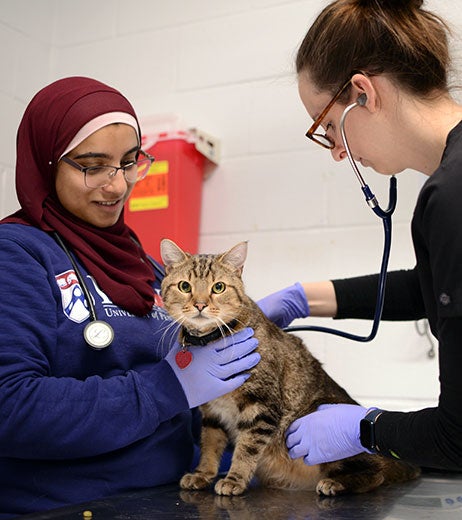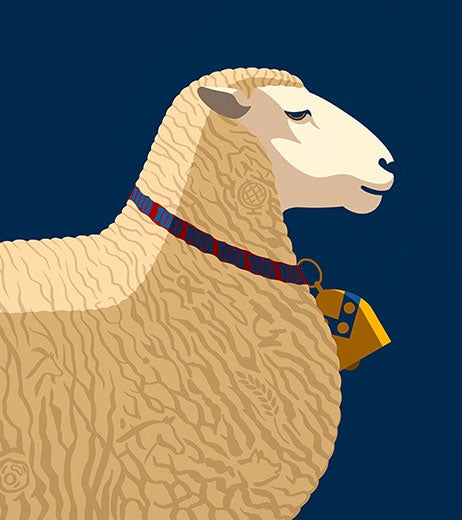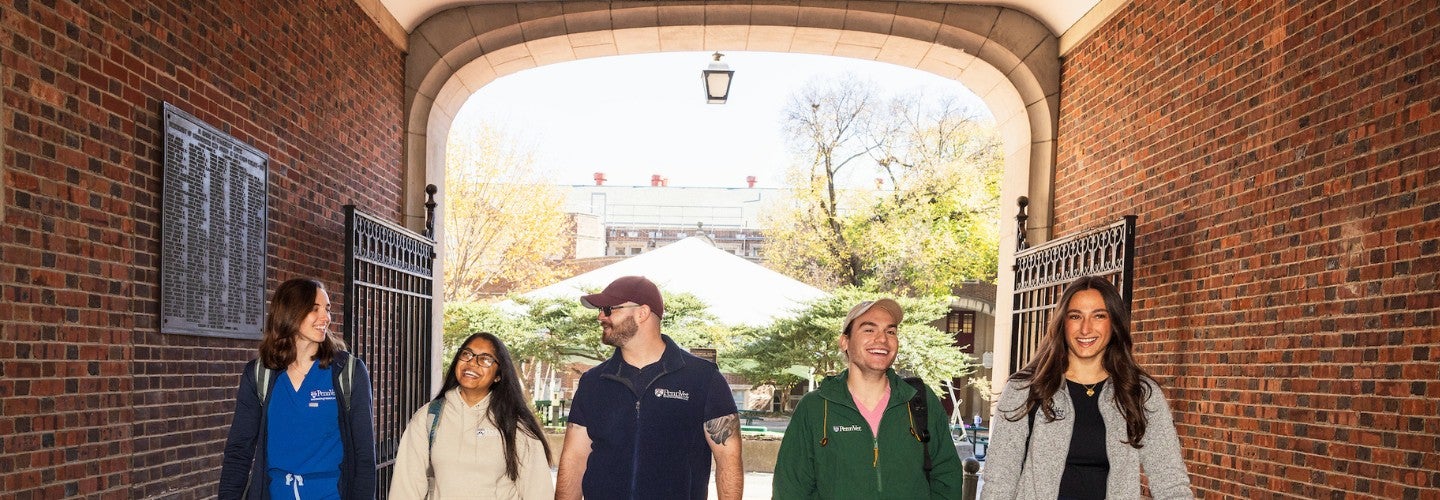
About
We think differently about veterinary medicine. In addition to providing sophisticated medical treatments for animals of every size and kind, we believe veterinarians play an integral part in ensuring public health and food safety, mitigating climate impacts, controlling new and emerging diseases of livestock and poultry, including diseases transmissible from animals to people.
Who We Are
Veterinarians are the link between animal, human, and planetary health; preventing pandemics, safeguarding ecosystems, and developing sustainable farming practices. As veterinarians, we not only practice medicine and conduct research to advance all medicine, we teach the next generation to do the same.
Our mission at Penn Vet is to train the next generation of veterinary leaders to advance healthcare outcomes and access, ensure global health, bolster sustainable agriculture, create and support interdisciplinary career paths, and foster community and wellness in the profession.
Our Vision — A world with exceptional and vastly more integrated health of animals, people, and the environment.
Our Values — Leadership, collaboration, interdisciplinarity, opportunity, sustainability.

By the numbers
Penn Vet Stats
Animals treated at our hospitals and local farms.
North American Veterinary Licensing Examination (NAVLE) Pass Rate
The class of 2025 pass rate at the time of graduation.
Research Centers and Institutes
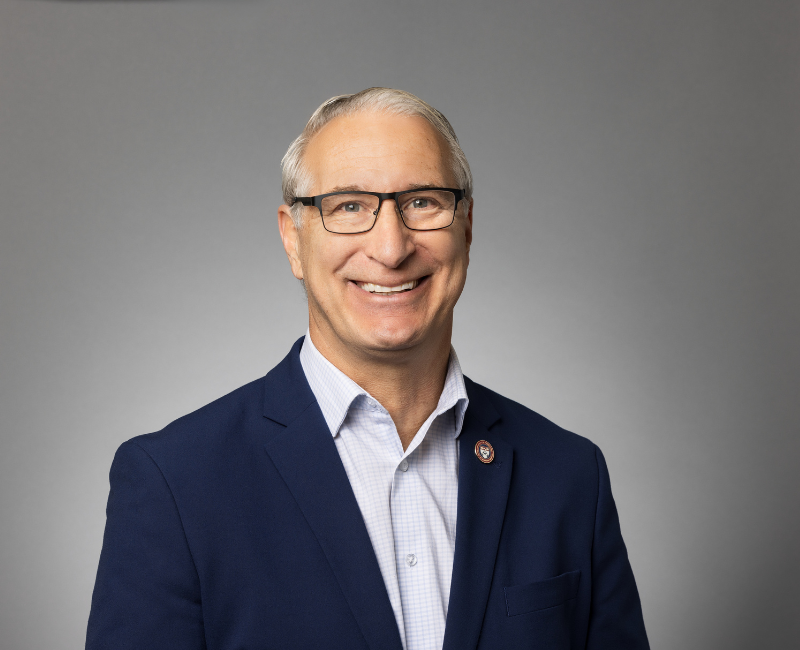
Dean
Andrew M. Hoffman, DVM, DVSc, DACVIM
Gilbert S. Kahn Dean, School of Veterinary Medicine
University of Pennsylvania
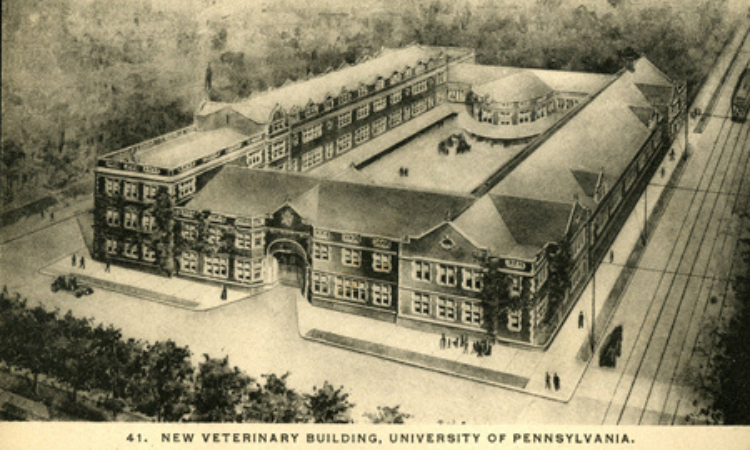
history
We’ve Been Around Since 1884
Penn Vet has a history of trailblazing discoveries as well as top-tier clinical care. It is the only veterinary school in the U.S. with a direct link to a university school of medicine.
Discover More About Penn Vet
Career Information
Penn Vet is an innovative place to work that offers a vast array of positions in a broad range of fields.
Our Campuses
Penn Vet has two campuses, one urban and one rural, where students can gain comprehensive knowledge in veterinary medicine. From the tiniest exotic animals to larger ones such as horses, cattle, swine, and camelids, students can learn about a wide range of species. The two hospitals are famous worldwide for their large caseloads and are known for providing veterinary care to various animals, including companion, sport, agriculture, avian, and exotic animals.
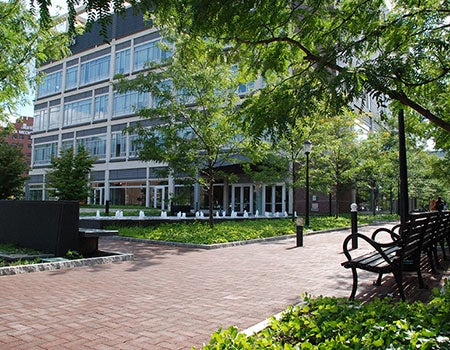
Philadelphia Campus
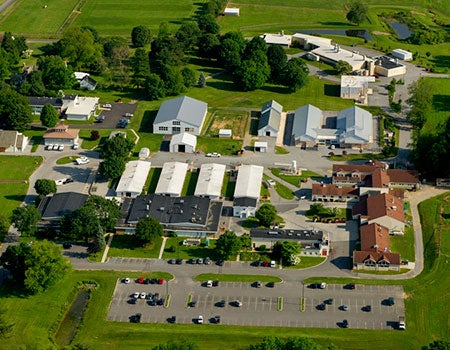
New Bolton Center Campus
Your Support
Giving to Penn Vet
Supporting Penn Vet is a powerful and direct means of making a positive impact on the field of animal care. The generous contributions from donors enable us to attract top-tier faculty, support our students, and enhance our facilities for more effective teaching and treatment.
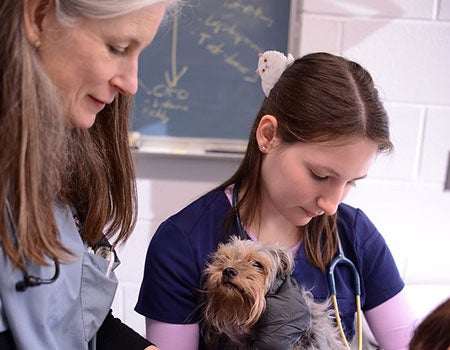
Contact Us
Questions or feedback? Reach out to us and we’ll do our best to address your requests.

